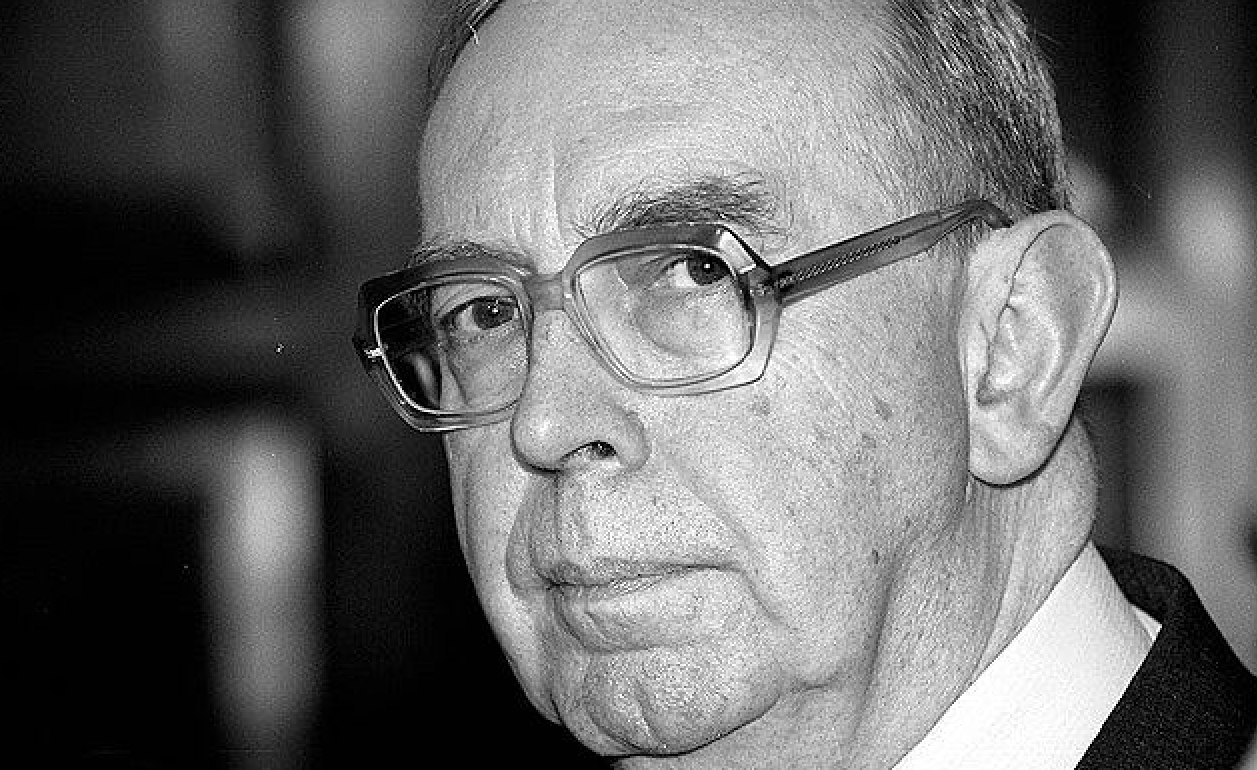What is the topic of your thesis?
My thesis is a re-examination of Polish foreign policy towards Ukraine post-1990. I do this through an intellectual biography of Poland’s first post-socialist foreign minister, Krzysztof Skubiszewski.
Why were you interested in exploring this topic?
In the Spring of 2019, before I had started at Columbia but after I had accepted the offer to study at the European Institute, I was offered a position to join the Cold War Archives Research Fellowship program. I went to the University of Arkansas to do research on this fellowship, which was the first time I had ever done archival research. I generally knew that I was interested in Poland and in the post-World War II years but had not yet narrowed down my research topic. I went into the archive and came across a document that mentions Krzysztof Skubiszewski’s name and thought to myself, “I remember him.” I had come across him several years prior in an incredible book which was foundational to my research, Timothy Snyder’s The Reconstruction of Nations. In this book, there is one chapter where Skubiszewski is mentioned. I remember at the time that I was reading it, I circled his name and wrote in the margin, “Someone should really write a biography about him,” shortly thereafter forgetting this note. Later in Arkansas, I saw his name as part of the very first cohort in an international educational exchange program with the Soviet bloc that the State Department was putting together, with funding and support from the Ford Foundation. I knew then that I had to write about him. Initially, I wanted to write a history of the entire exchange program, but I quickly realized that this was too large of a project for a Master’s thesis. My project then morphed into writing an intellectual biography of Skubiszewski, a figure with little serious scholarly investigation despite his outsized contribution to Polish history. I realized that this was also quite ambitious, so I narrowed it even further to exploring why Poland and Ukraine developed such strong, positive, collaborative relations in the 1990s. This is quite puzzling, as we could have expected Poland and Ukraine to have rather antagonistic relations given their long history of mutual antipathy. I was driven by two primary questions: What explains the positive relationship between Poland and Ukraine in the early 1990s? Could Skubiszewski’s biography and his experience shed any light on this relationship that challenges or extends the prevailing literature?
How did you conduct your research?
I kicked off my entire program with this research trip to Arkansas, collecting many documents from this experience. I read the secondary literature, trying to find the archival collections that would have materials related to what I was interested in. Simultaneously, I connected with people who could either point me in the right direction of different archives to go to or different resources to mine, as well as people whom I could interview to get some first-person accounts of what actually happened. During the first year of my program, from 2019-2020, before the pandemic started, I was able to go to the Rockefeller Archive Center to look at some Ford Foundation papers. I was also able to go to the archives of Harvard Law School, where Skubiszewski studied in the late 1950s. While I was doing research at Harvard, I connected with a Polish scholar who told me that Skubiszewski’s personal records are stored at the Instytut Zachodni (Western Institute), in Poznań, Poland. I had a trip scheduled to go there, but then the pandemic hit and I was not able to go. Fortunately, I was able to liaise with the archivists there to conduct remote research. My thesis relies primarily on records from the Instytut Zachodni, which I analyzed in the context of the secondary literature on the subject.
Read the full article here.
